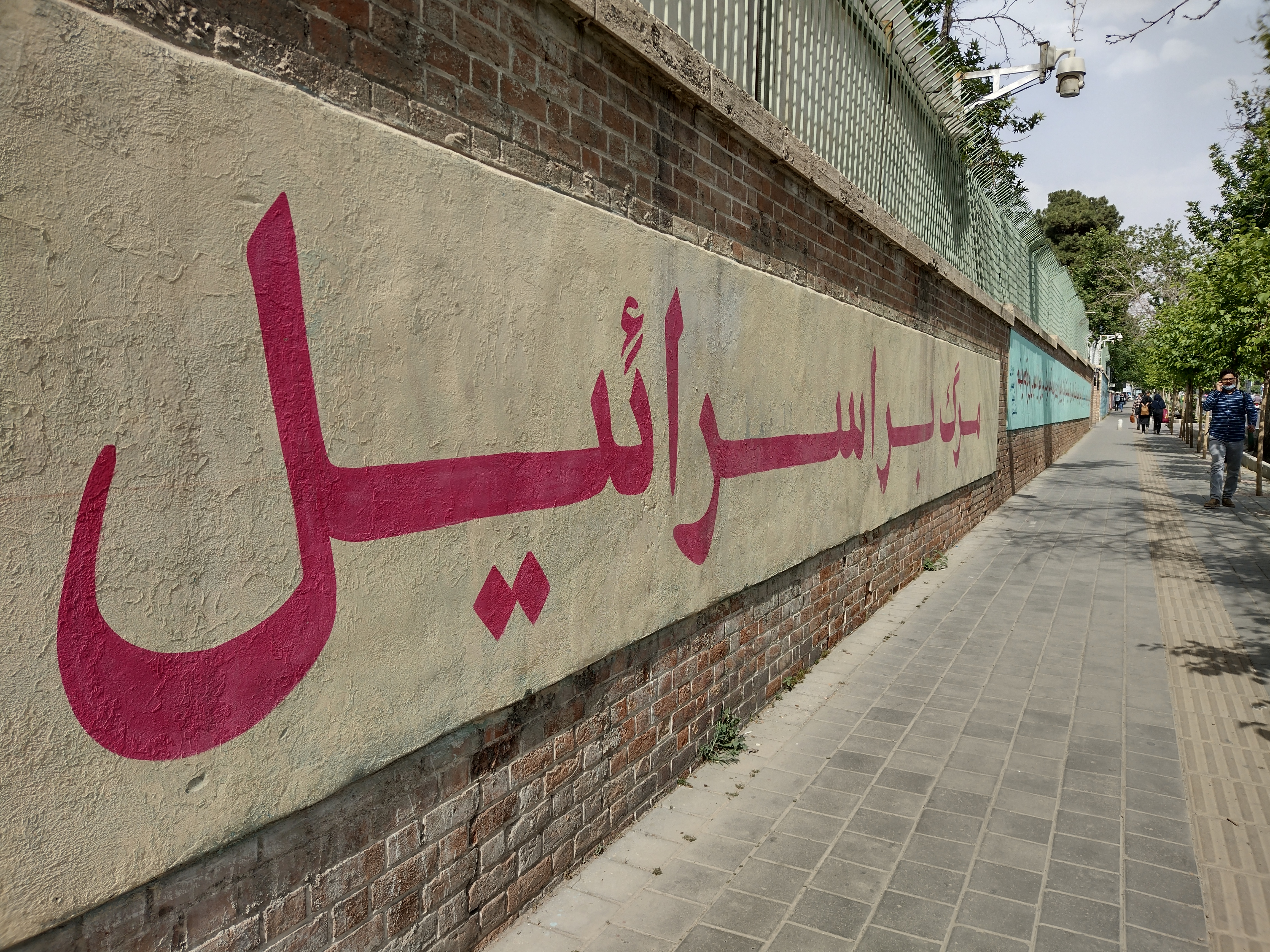Iran is a surprisingly multicultural country with numerous ethnic groups. Languages such as Kurdish, Arabic, Baloch, Azeri, Turkmen, Turkish, Gilaki, Luri and even Georgian and Armenian are found in Iran.
The main language, and according to the constitution the language of Iran, is Persian, also known as Farsi. Persian is spoken by roughly 55% of the population as their first language, however since it is the language of education and government, most people throughout the country will speak Persian as a second language.
There are roughly 110 million speakers of Persian worldwide.
Arabic is also given official status as the language of Islam.
What script is Persian written in?
Persian is written in the Persian alphabet which looks very similar to Arabic. This is because Persian is derived from Arabic. It is written from right to left, except for numbers which are written like English from left to right, the same as in Arabicw.
Persian numerals are also slightly different from those you’ll see in Arab speaking countries.
Use of Foreign languages in Iran
Iranians are well educated people, so you’ll probably be surprised how many speak foreign languages. One issue with Iranians is they think that if they don’t speak a language fluently then they don’t really speak it at all which often comes across as shyness.
English and French are the most common foreign languages studied in school and university.
Arabic is widely understood as it’s an essential part of studying the Quran.
Obviously in smaller towns and rural areas you’re less likely to come across western languages.
Persian in other parts of the world
Persian isn’t just spoken in Iran. Persian is also the official language of Tajikistan, although known as Tajik, it is essentially a dialect of Persian, and also in Afghanistan where it is known as Dari Persian or simply Dari.
It is also spoken by minorities in neighbouring countries such as Azerbaijan, Turkey, Iraq, in the Caucuses as well as the Iranian diaspora.
Persian phrases
|
English |
Persian |
|
Welcome! |
Khosh amadid! |
|
Hello! |
Salam! |
|
How are you? |
Hale shoma chetor ast? |
| Good thanks and yourself? | Man khubam mamnun, shoma chetorid? |
|
What's your name? |
Esm e shoma chist? |
|
My name is ... |
Esm e man …. ast |
|
Where are you from? |
Shoma ahleh koja hastid? |
|
I'm from... |
Man az …. Hastam |
|
Pleased to meet you! |
As molaghat-e shoma khosh vaghtam! |
|
Good morning! |
Sobh Bekheir! |
|
Good night! |
Shab Bekheir! |
|
Goodbye |
Bedrood/Khoda hafez |
| Good luck | Movafagh bashed |
| Cheers! | Salamati! |
| Bon appetit | Befarma’id |
| Bon voyage | Safar khosh |
| I understand | Motevajjeh am |
|
I don't understand. |
Nemifahmam |
|
I don't know |
Man nemidanam |
| Please speak more slowly | Mishe ahesteh tar sohbat konid |
| Please say that again | Miše dobâre begid |
| Please write is down | Lotfan yaddasht konid |
| Do you speak Persian? | Shoma Farsi sohbat mekunid? |
| Yes, a little | Bale, ye kam |
| How do you say …. In Persian? | Shoma … ro be Farsi chi migin? |
| Excuse me | Bebakhshid |
| How much is this? | Gheymatesh chande? |
| Sorry | Motesassefam |
| Please | Lotfan |
| Thankyou | mamnunam (however most Iranians use the French "merci") |
| You're welcome | Khahesh mikonam |
| Where is the toilet? | Dashtshuee kojast? |
| I love you | Asheghetam |
| Help! | Komak! |
| Stop! | Vaysa! |
| Call the police! | Poliso xabar konid! |
| My hovercraft is full of eels | Havercrafte man pore marmahi ast |


